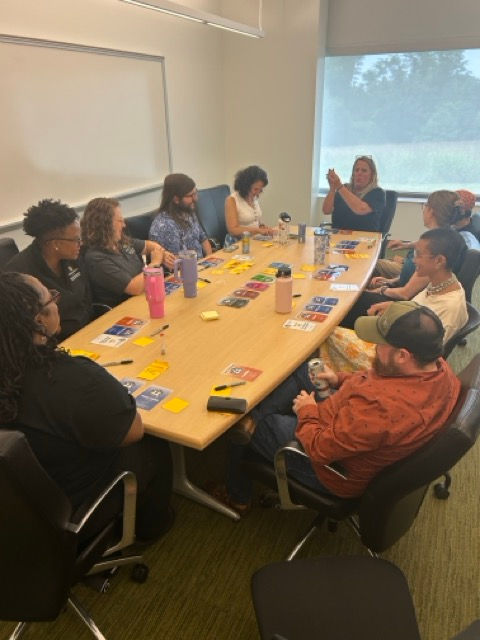#1: The Hidden Retention Risk No One Is Talking About
- kellylipp52
- Jul 23
- 1 min read

Today’s college students are arriving with strong academic credentials and impressive résumés. They can ace interviews, write stunning essays, and juggle multiple AP classes. But the moment a roommate relationship goes sideways or a professor gives unexpected feedback, something cracks.
Here’s what’s happening:
Students are academically ready, but emotionally underprepared. And it’s costing colleges dearly in retention and graduation rates.
We’re seeing a generation who’ve rarely had to manage relational difficulty without a screen between them. Their most common coping mechanism? Isolation. Avoidance. Scrolling. And while anxiety is often named as the root issue, what we’re really seeing is a gap in soft skills like:
Self-awareness
Empathy
Conflict management
When students don’t know how to manage interpersonal stress, it becomes the biggest risk to their success—not GPA.
Stress isn’t the enemy. People problems are.
College is full of people. Roommates. Professors. Advisors. Teammates. If students can’t navigate discomfort or resolve conflict, they don’t just struggle—they opt out. First it’s a missed class, then a skipped assignment, then a withdrawal form.
If we want to boost retention, we need to start talking about the human side of higher education. That means equipping students with relational resilience from day one.
💡 What would change on your campus if students had tools to navigate conflict and discomfort in their first year?




Comments